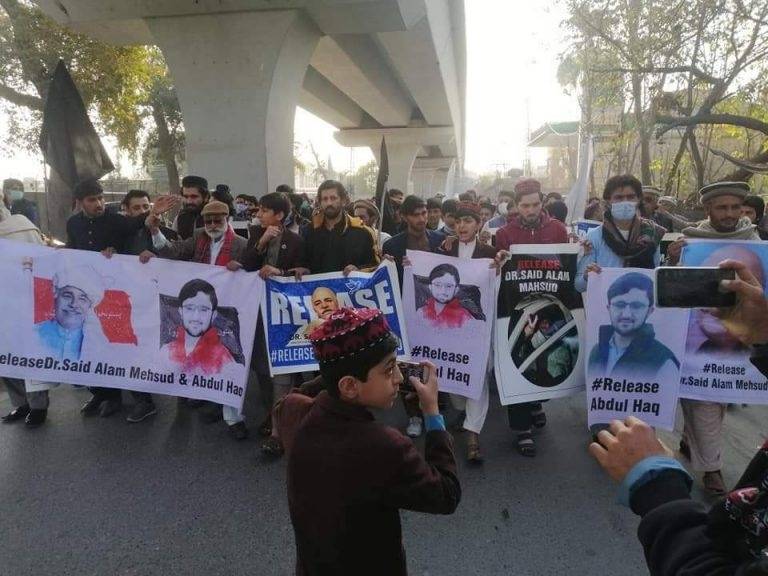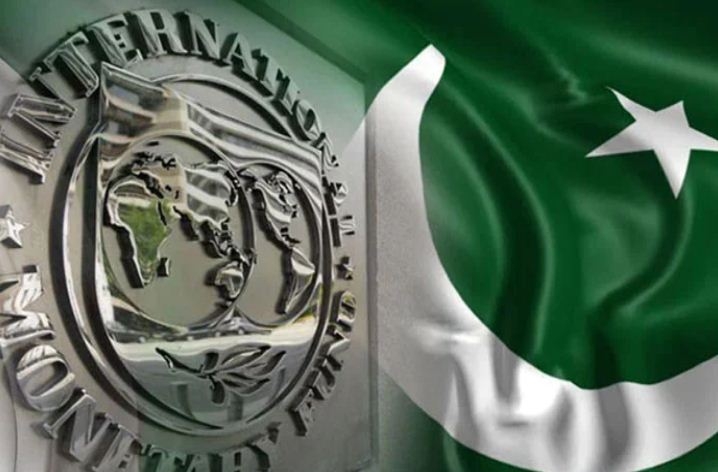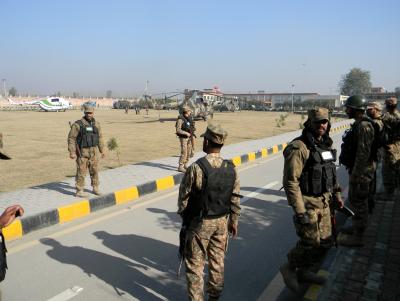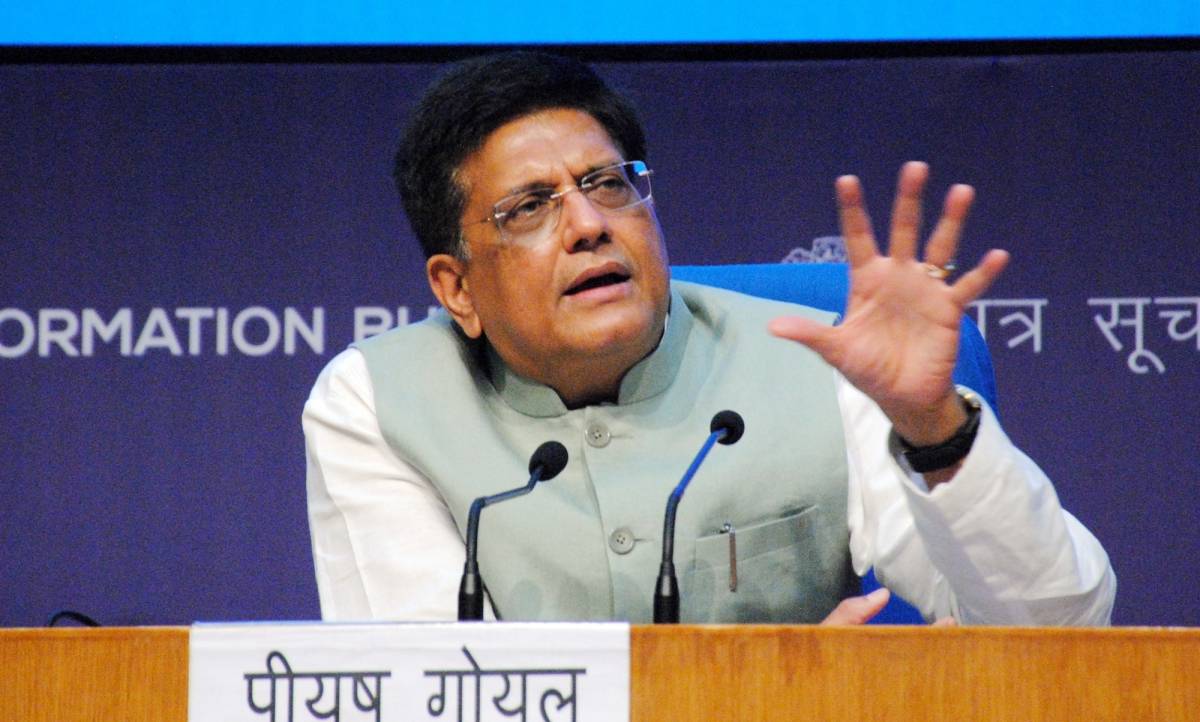Amnesty International spoke to the family members of 10 people whose fate remains unknown after they were abducted by Pakistan’s security services….reports Asian Lite News
Pakistani authorities must end their abhorrent use of enforced disappearance, said Amnesty International detailing the practices devastating impact on the families of those who have gone missing.
The report documents how enforced disappearance, a crime under international law in which state agents deny holding an individual or refuse to provide information on their fate or whereabouts, not only violates the human rights of the individuals who are disappeared, but also impacts affected families’ mental and physical health, financial status, and security, as well as leading to stigma and social isolation.
Although cases have been documented as far back as the mid-1980s, the practice has been routinely used by Pakistan’s intelligence services since the inception of the so-called “War on Terror” in 2001, to target human rights defenders, political activists, students, and journalists, with the fate of hundreds of victims still unknown.

A proposed amendment to outlaw enforced disappearance has been mired in the legislative process for more than two and a half years and the current iteration does not conform with international human rights law and best practices.
“Enforced disappearance is a cruel practice that has caused indelible pain to hundreds of families in Pakistan over the past two decades. On top of the untold anguish of losing a loved one and having no idea of their whereabouts or safety, families endure other long-term effects including ill-health and financial problems,” said Rehab Mahamoor, Amnesty International’s Acting South Asia Researcher.
“It’s a punishment without end that Pakistan’s authorities must consign to history. As well as expediting the criminalization of enforced disappearance through legislation in line with international human rights law, the authorities must immediately disclose the fate and whereabouts of all victims to their families and release those still being held.”
Amnesty International spoke to the family members of 10 people whose fate remains unknown after they were abducted by Pakistan’s security services.
Each of them described resultant stress-related health issues including high blood pressure, cardiac conditions, and gastro-intestinal illnesses.
Affected families also suffer financial consequences, as the disappeared are invariably the main breadwinner. In three cases documented by Amnesty International, the children of those disappeared had been forced to drop out of school due to the loss of family income or stigma.
Sultan Mahmood, whose two brothers were abducted in 2014 and 2021 respectively, told Amnesty International that losing two sources of family income, combined with the legal costs of trying to secure the return of his brothers, had left him in debt of 2.5 million PKR ($15,000), forcing him to sell all of his assets, including his home.
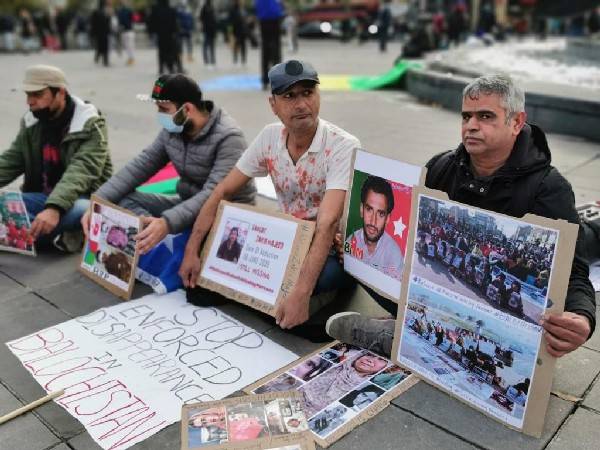
In another case, the younger sister of Sammi Baloch, a prominent activist against enforced disappearance whose father was disappeared by the authorities in 2009, was prevented from sitting exams at a college in Balochistan managed by the army, after officials became aware who she was related to.
The families of those forcibly disappeared often face an impossible choice between staying silent in the aftermath of an abduction or risking the loss of their loved one forever. Intimidation and harassment from the authorities can follow them for years after a disappearance has taken place and sometimes continues after the person is returned. This can be in the form of heavy-handed surveillance, threatening calls from blocked numbers and even phishing attacks on personal devices.
Amnesty International also interviewed victims of enforced disappearance, including Inaam Abbasi, who was held for 10 months following his abduction in August 2017. The physical torture he was subjected to has left him with a host of health issues, including chronic joint pain, high blood pressure and suspected post-traumatic stress disorder, which can be triggered by events such as a doorbell ringing.
“I believe that someone has come to take me away again,” he told Amnesty.


